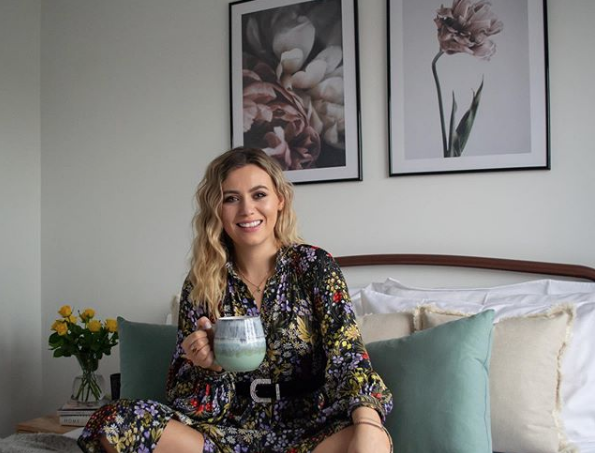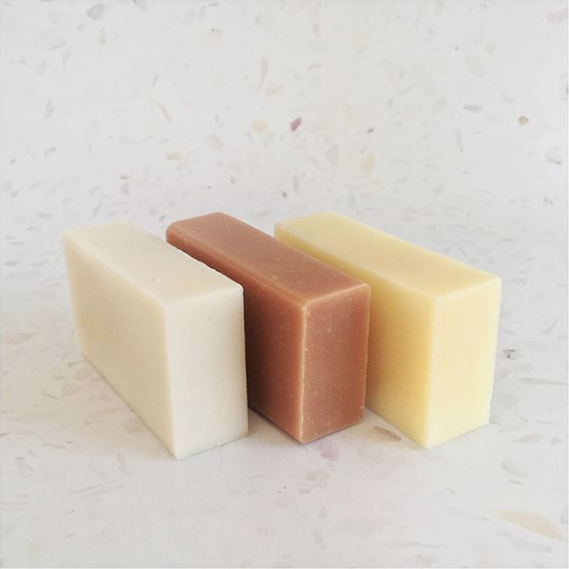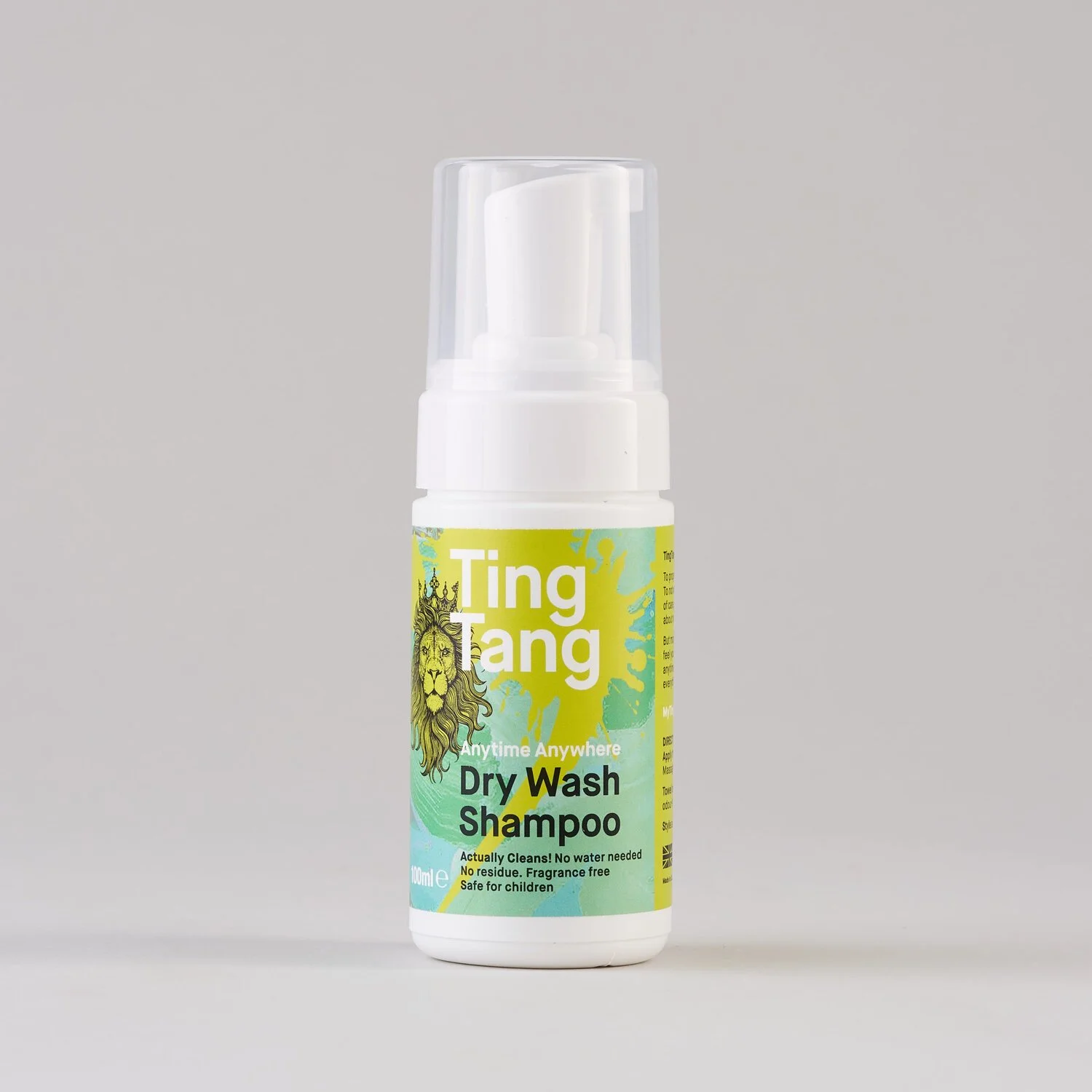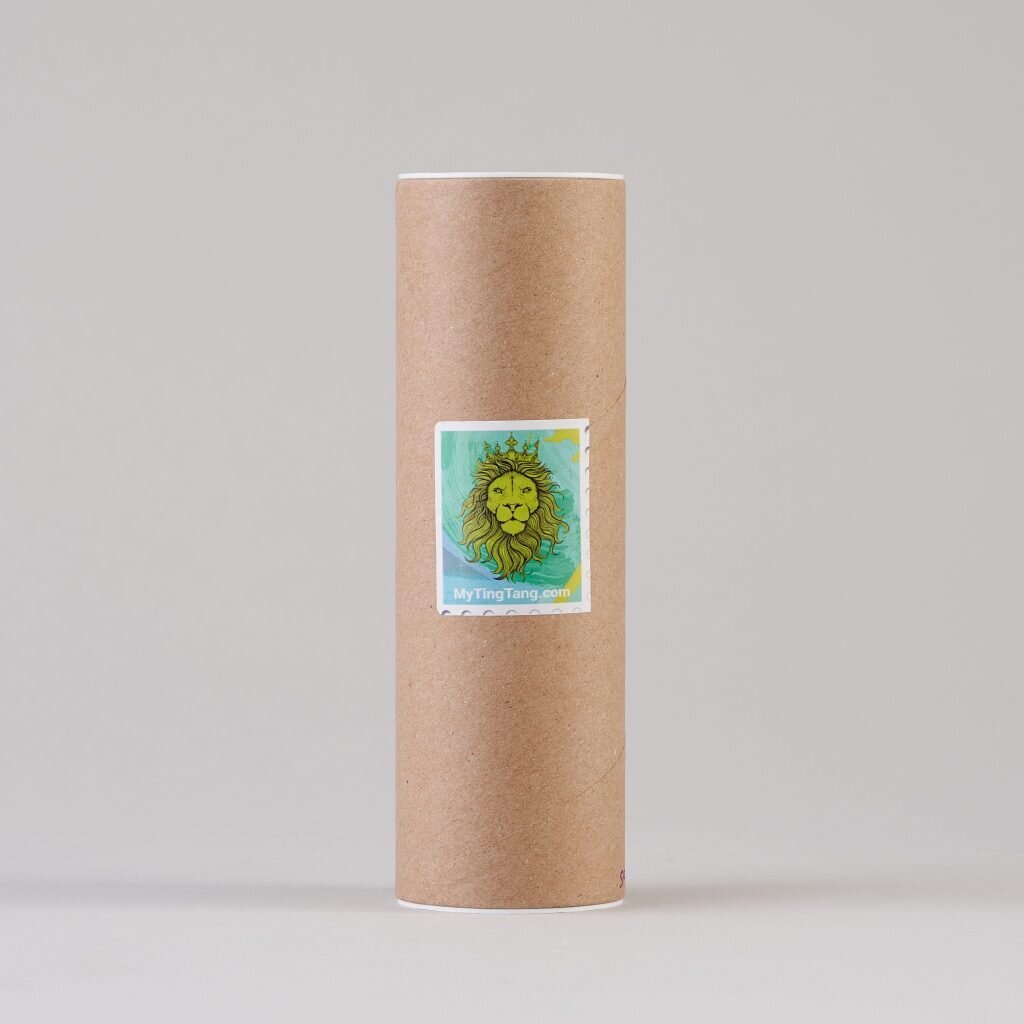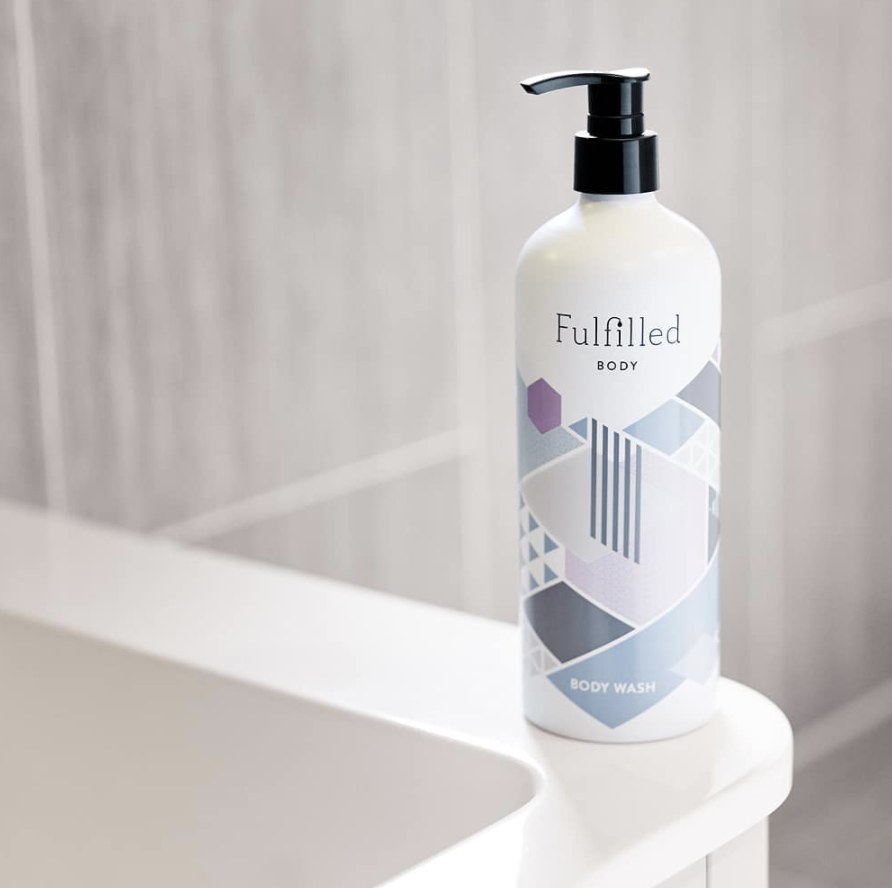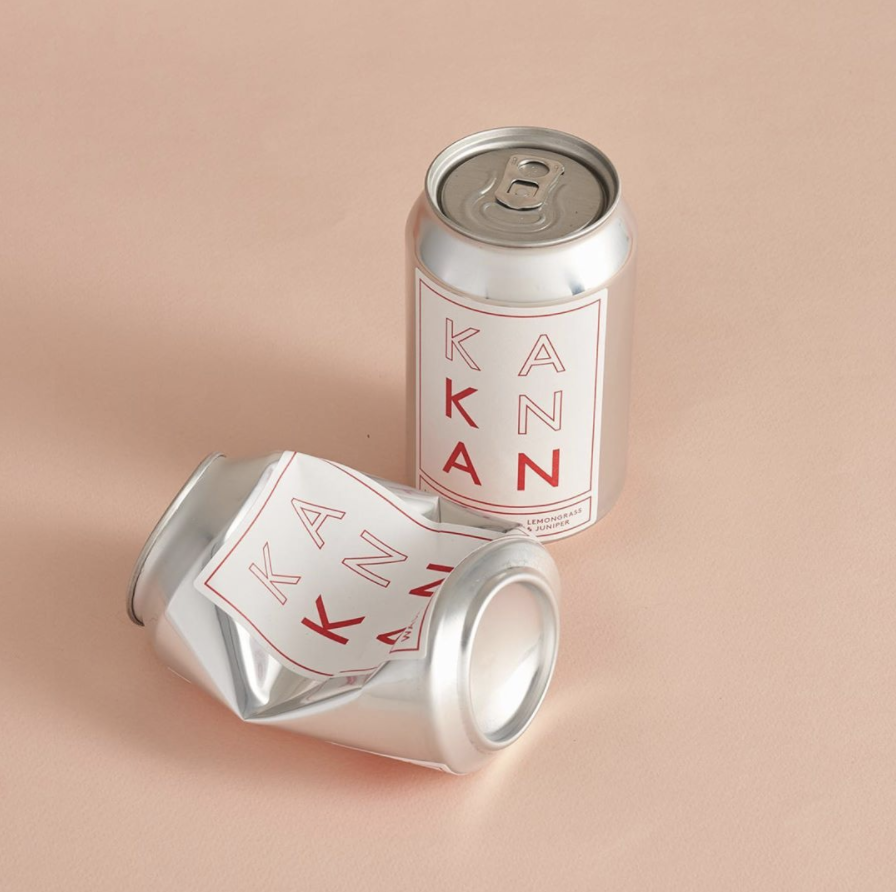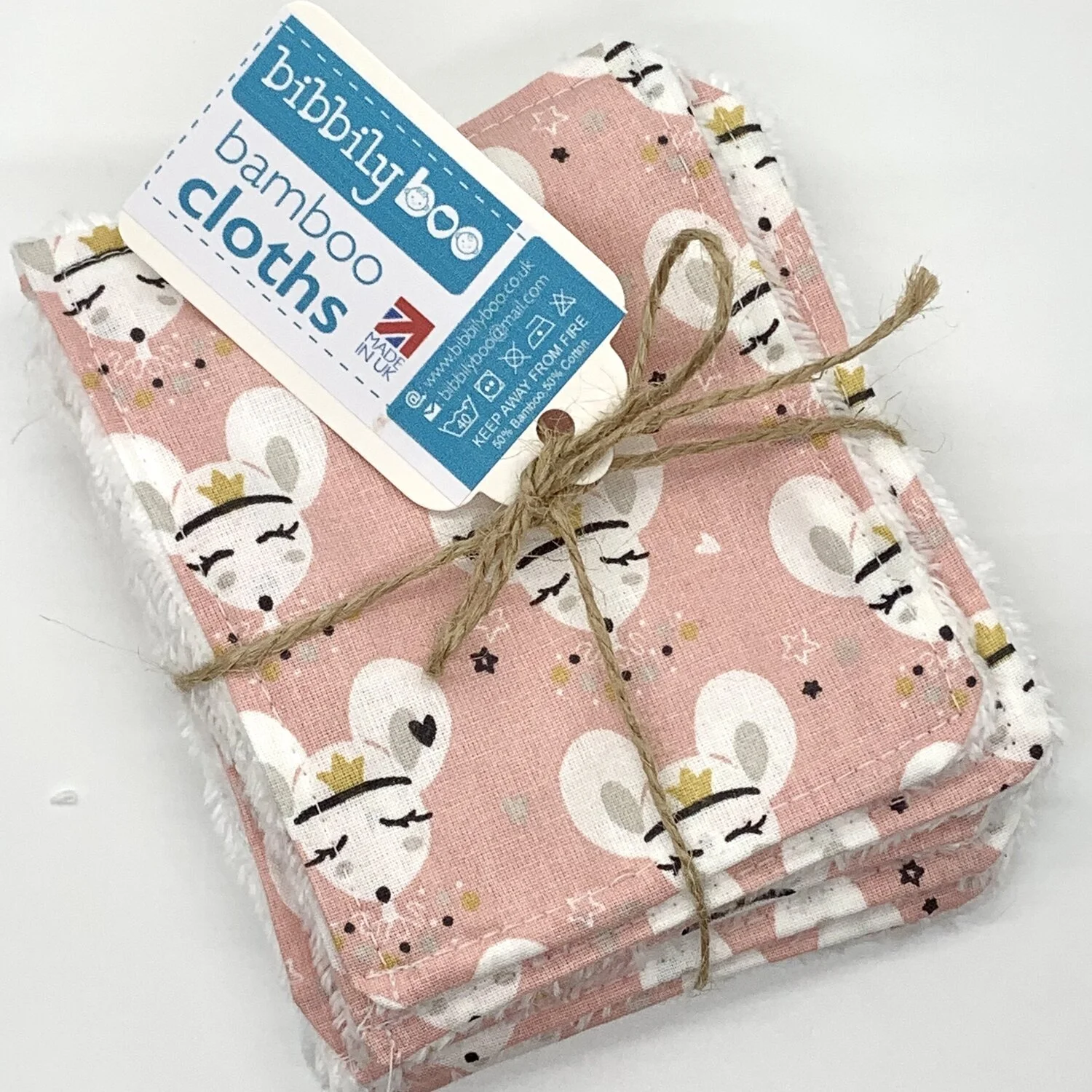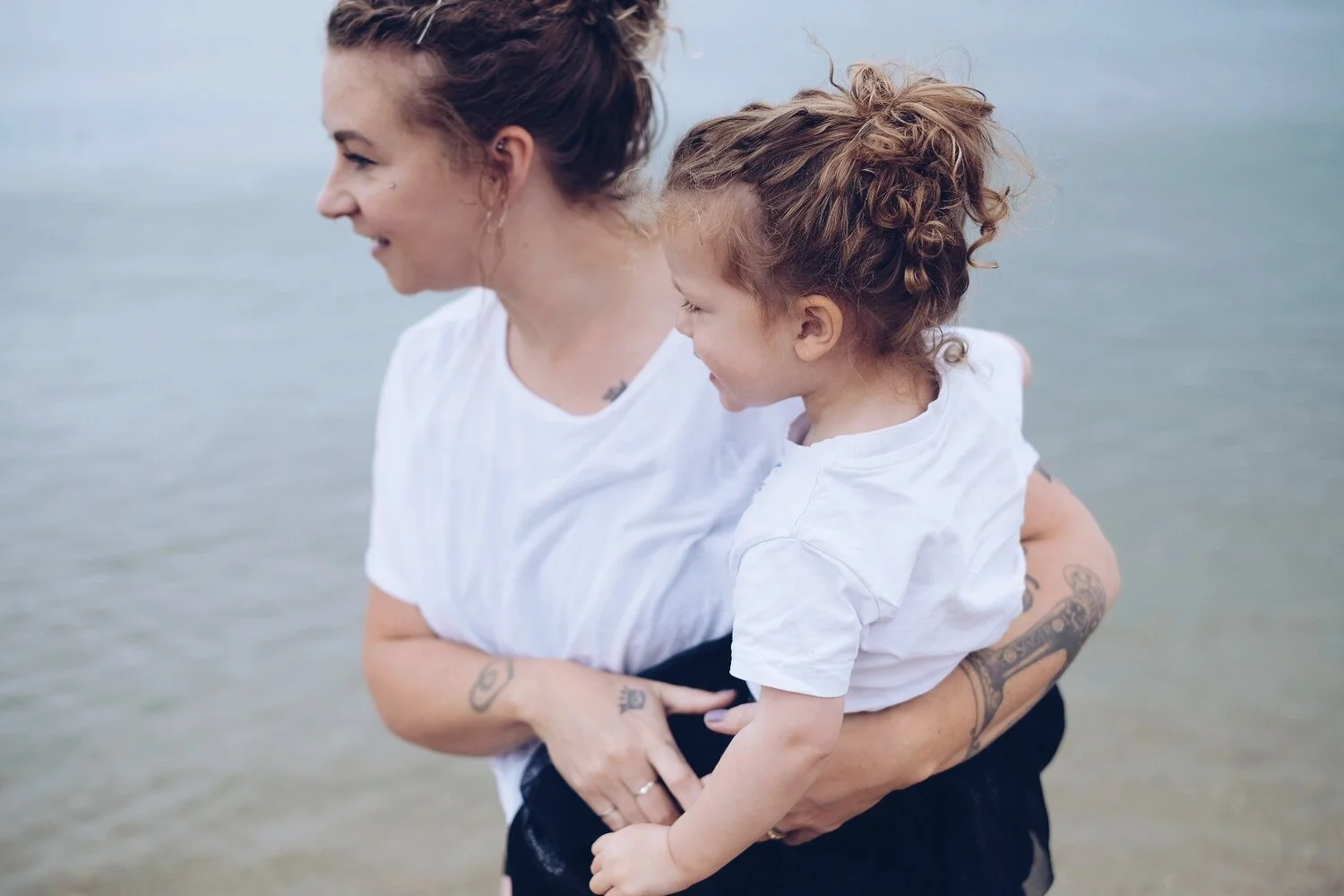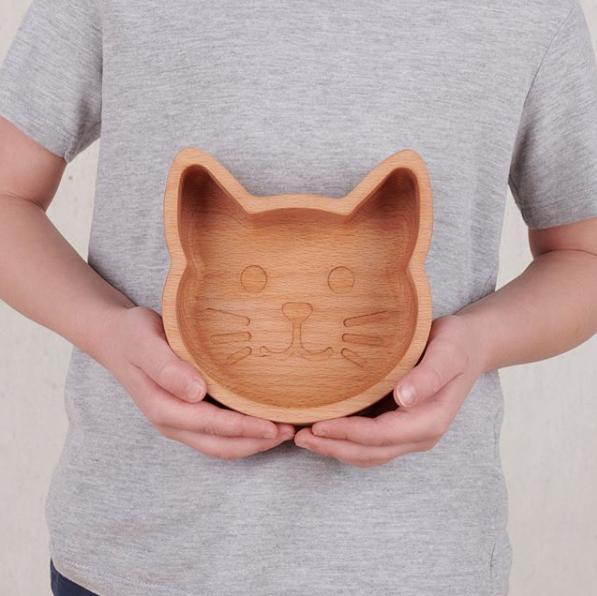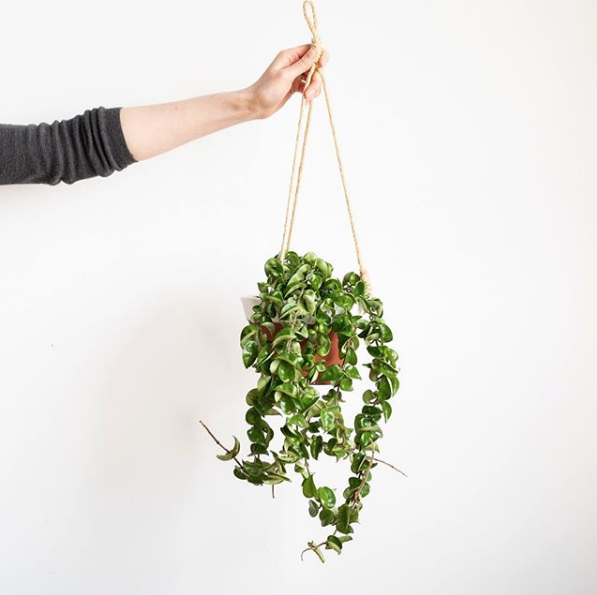Re-use, re-fill, recycle: Brands we love who are doing their bit for the environment
Today, people are increasingly becoming more aware of the environmental impact we have. And never before have environmental issues been so predominant on our day-to-day life and at the forefront of everything we do. What you eat, drink, buy, use, consume, and sell all have a carbon footprint.
There’s no better time than now to talk about and become more aware of how we - as individuals, brands, and consumers are affecting the planet.
Thankfully, there are so many brands, big and small, doing their bit for the environment, including some of our amazing members which we’re chatting to in this post.
Katie, founder of home decor brand Virgo and Co. highlights why it’s so important for brands to be eco-conscious. “As consumers become more aware of the impacts of the climate crisis, they are actively seeking out companies who align with their core beliefs and who are aware of and minimising their environmental impact. It's unrealistic to think people will stop consuming, but they do want to be more responsible and feel good about what they buy.”
The idea of Virgo. and Co. came to Katie after learning about the immense impact the textiles industry is having on climate change, as well as the ethical aspect of production and she desperately wanted to do something to change this.
@virgoandco_
Talking about the future of brands and consumer shopping, Katie says the brands which tap into this and provide their customers with alternative products, in an authentic and transparent way, are the brands that will continue to thrive.
The conversations around sustainability have become louder in recent years which is great, but it’s putting these conversations into actions is what is really going to make the real difference. For brands, there’s a huge emphasis on where your materials are sourced from, the packaging you use, the waste, and the other factors that play a part in the production.
Whether like Virgo and Co. working directly with the suppliers to ensure full transparency through their supply chain, with 100% recycled packaging and donations of revenue, or introducing plastic-free aluminum lids to act as a replacement for plastic pipettes like natural skincare brand Lucky Cloud Skincare, every little help.
Lucky Cloud Skincare has also launched a range of natural soap bars, to offer their customers a plastic-free option for the bathroom. Their products are packaged in glass jars, bottles, and aluminum tins, and all packaging is made from recyclable materials.
@lucky.cloud
“As a small indie business I have the opportunity to listen to my customers and be reactive to their desires and concerns. ”
— LUCY, LUCKY CLOUD SKINCARE
Purdey, founder of dry wash shampoo brand TingTang has always had an interest in sustainability.
“Many brands are jumping on the bandwagon to tick a box, but I genuinely believe that it makes good business and human sense to be eco-conscious. I think part of the quality and value of a brand is reflected by their intentions, awareness, and achievements on both environmental and social responsibility.”
@mytingtang
@mytingtang
The brand owner successfully created a dry-wash shampoo that is cruelty-free, vegan friendly, and gluten-free. But it was important for her to make sure the materials used and the packaging matched. The bottle is fully recyclable, the end caps contain recycled plastic content, and refills are available to reduce plastic consumption. Plus, the packaging is made from recycled cardboard tube.
Elizabeth, founder of vegan refillable hair and body care brand Fulfilled uses aluminum bottle packaging.
“These bottles are not only refillable but have amazing recycling properties and aluminum can be infinitely recycled without degrading. We only have large 500ml sizes so the products last longer which minimises our carbon footprint too.”
@we.are.fulfilled
Mary, co-founder of KANKAN says that their approach to sustainability has enabled them to integrate it in all that they do. They looked at a problem - single-use plastics in the bathroom and looked at a bunch of solutions that were off the shelf. They wanted to find a quick win that would allow an easy switch out from one to the other that people could do.
@kankan_london
“A lot of sustainable switches involve having to sacrifice something - be it convenience, time, or quality of a product. We believe to make an impact, sustainability for a modern urban home needs to be non-sacrificial, and of course, easy to implement. Our refill cans allow people to introduce refill and reuse in their homes without sacrificing the convenience and quality of a product.” Mary, KANKAN
FAST FASHION OUT-OF-FASHION?
While fast fashion is not the only issue in fashion and a lot of consumers becoming more mindful, it is still a big challenge. The term ‘fast fashion’ refers to clothes made cheaply and quickly to meet demands around new styles. These clothes are typically so poorly made that you’ll toss them out right along with the trend and with only 15 percent of consumers recycle their used clothing, that’s a lot of waste. This leads to long-lasting environmental issues.
According to Rubicon, the apparel and footwear industries account for a combined estimate of 8% of the world’s greenhouse gas emissions, and fashion is the third highest-polluting industry in the world.
Having worked in the fashion industry for many years, Ester, founder of organic kids clothes brand Dinki Human have extensive experience in what goes into designing and manufacturing clothing and accessories.
“The fashion industry is a huge polluter and whilst other major polluting industries like transport are widely talked about, the fashion industry has remained in the shadows for some time, most consumers are unaware of the massive impact their buying choices have on our planet, and it’s not their fault! We are kept in the dark.”
Taking a stand against disposable items and impulse buying, Katie, founder of BibbilyBoo produces washable bamboo cloths which are made from 50% sustainable bamboo towelling and 50% Oeko-tex standard 100 cotton prints.
@bibbilyboobibs
“Bamboo is fast-growing, uses less water and space, it is a highly durable but soft fiber, and naturally antimicrobial. This combination of features makes it the perfect product for a reusable face cloth for all ages. Oeko-tex fabrics are free from harmful chemicals making them less damaging to the environment in their production whilst offering an attractive appearance to the product for all ages.” Katie, BibbilyBoo.
Making a few small changes in our day to day life can make a positive impact on the environment. The same goes for our consumer habits and the choices that we make.
“As a consumer too I seek out other businesses who have made eco swaps to their packaging or offer a sustainable product. I even shop with them when pricing is higher because it is important for me to be contributing to a sustainable way of living.” Katie, BibbilyBoo
Ester from Dinki Human says that each step toward sustainability is crucial and that every step should be celebrated, but she’s urging for conscious consumerism.
“All I ask is that is a consumer is aware of their impact, and the power of their wallets. And the responsibility doesn’t just lie with the consumer, we need brands and governing bodies to change the way things operate in order to buy better. “
Dinki Human’s ethos is rooted in sustainability and ethical manufacturing. They use organic cotton, non-toxic inks, and dyes, recycled, and plastic-free packaging, and their Pre-Loved Initiative is designed to ensure their products' life-cycle is as long as possible. Their transparent supply chain and ethical standards ensure everyone involved in making a Dinki Human product has been treated fairly.
@dinki_human
“When I founded my brand it was so important to me to build a transparent, ethical brand with a conscience. We are a kids brand and we care deeply about our kids’ futures”, says Ester.
Hazel, co-founder of family-run lifestyle brand The Wood Life Project aims to replace everyday plastic items with beautifully designed, eco-friendly, British-made sourced wooden products. She says:
“Making changes in what we buy, what we throw away. It’s important to know that when you throw something “away", there is no away, it has to go somewhere. And if talking about plastic, for example, it’ll still be on this planet in 500 years! By thinking twice about what we buy and knowing the provenance of the product, we can make more educated decisions on what we chose to purchase.”
@thewoodlifeproject
Other changes and habits to consider, include:
“Shop locally with small independents for plastic-free soaps and shampoos and to cut down the carbon footprint of imports.” - Katie, BibbilyBoo.
“Buy less and buy better - if you can afford to spend a little more on a quality product that will last years not days.” - Saskia, Canopy Plants.
“Second hand for all home and fashion buys. There’s so much amazing choice now, and it’s so much more accessible now than ever before.” - Elizabeth, Fulfilled.
“Switch from single-use products such as carrier bags, face wipes, baby wipes, and cotton wool and opt for sustainable fabric alternatives.” Katie, BibbilyBoo.
“We need to think about how the products that we own are used, how we look after them, how quickly we dispose of them, and what happens when we do. Look after the things you have, there’s nothing more sustainable than sticking with what you’ve got!” Ester, Dinki Human
“I think being sustainable in day to day life is about making small changes to your consumption and habits that will slowly add up to a bigger change.”
— SASKIA, CANOPY PLANTS
BEYOND BUZZWORDS
It’s crucial for consumers to have access to clear information and details behind any sustainable ethos or credentials, and prove that they’re not just marketing buzzwords to attract new customers. In fact, consumers should be able to demand this from brands.
Understandably, not many brands are in a position to become 100% sustainable but it’s more important to show and communicate that you’re doing what you can, even if it’s baby steps. The key is to be completely transparent and honest about the process and don’t use any misleading eco-terms or buzzwords in your messaging and marketing.
“All too often we are seeing big brands ‘green-washing’ and suggesting that by having a small range of organic blend fabrics in their range they’re "doing their bit”, unfortunately, it’s just marketing. The key is awareness. When we’re given insight we are able to make better choices”. Ester, Dinki Human
Saskia founder of Canopy Plants says given the choice between two brands offering a similar product, she will always go for the more sustainable option.
As well as their initial energy outlay in their growth and production, the London based plants and pots company uses sustainable packaging when possible including FSC card and paper, and compostable potato starch instead of any single-use plastic.
@canopyplants
“As giving the gift of plants, it didn’t feel right to be cutting down trees to substitute this, and we want Canopy Plants to be as sustainable as possible so we will continue to work on this.”
WHAT ABOUT THE BRANDS NOT EMBRACING CHANGE?
According to a recent sustainability study (2019) from Opium, via The Drum, over half (58%) of British consumers are likely to actively choose a retailer who promotes and delivers on sustainability (vs only 10% prior to facts) and a further 54% are likely to avoid retailers who engage in fast-fashion practices (vs 14%). So what does the future for brands look that are not embracing sustainability?
“It is going to become more challenging for everyone, but it is something all businesses must embrace if they want to thrive. There are many ways to be sustainable, it does not always mean being composed of sustainable fabrics, but having a long-life product or a re-usable element is essential.” - Katie, BibbilyBoo.
“They are on a clock. As more and more people chose to buy sustainable products as replacements to the unsustainable products they have in their lives, the demand for unsustainable products will fall and it will mean that brands will have to choose between surviving in business and adapting to those changes or not surviving.” - Hazel, The Wood Life Project.
“The easier it becomes to do, the more people will do it. We have to, there is no other way. For those businesses that don’t see that coming, I worry that they’ll be the next Kodak’s.” - Mary, KANKAN.
“This sounds really blunt but they don’t have a future. When I set out in creating my brand I knew I was picking the harder, more expensive option. I need to ensure great quality, ethically made, sustainably manufactured, long-lasting, fantastic product - it is not easy. However I see it as future-proofing, later down the line when manufacturers and retailers are forced to comply with even the basics of sustainable practice many will incur massive costs and disruption as they change the way their whole business is run because fundamentally it affects every single aspect of a business, sustainability has to be part of a brand’s DNA. “ - Ester, Dinki Human.
“I think non-sustainable brands have their days numbered if they fail to innovate inline with consumer expectations. No one wants to be the next Kodak.” - Elizabeth, Fulfilled.
WHAT’S THE FUTURE FOR OUR MEMBERS?
“We have grand ambitions. Let’s just say that we want to offer a service and improve our accessibility to make it even easier to switch out single-use plastics without sacrificing quality in the bathroom.” - Mary, KANKAN.
“Eventually, I would love to go totally plastic-free, currently, the only plastic we use is the reusable nursery plant pots, this would have to be an industry-wide change, maybe once we are more established we can lobby for it!” - Saskia, Canopy Plants.
“Our aim is to be a plastic-free business. In these early start-up days, we're unable to achieve that just yet. This will be the focus of future investment and R&D but we want to get it right. There are many alternatives coming out but many are with false claims about being compostable/biodegradable which is fast becoming the 'sugar-free' of the packaging world.” - Elizabeth, Fulfilled.
NEW TO PR? WE ARE HERE TO HELP!
As a small business, we know that where you invest your budget matters.
If you want to learn more about PR Dispatch and see how we support product businesses in pitching to the press, register for one of our monthly membership tours below.


